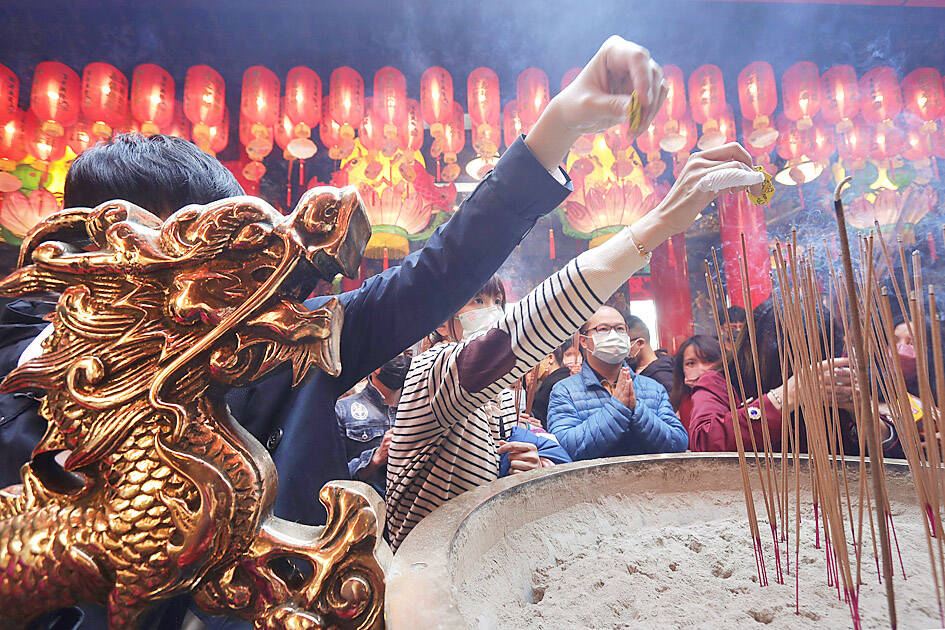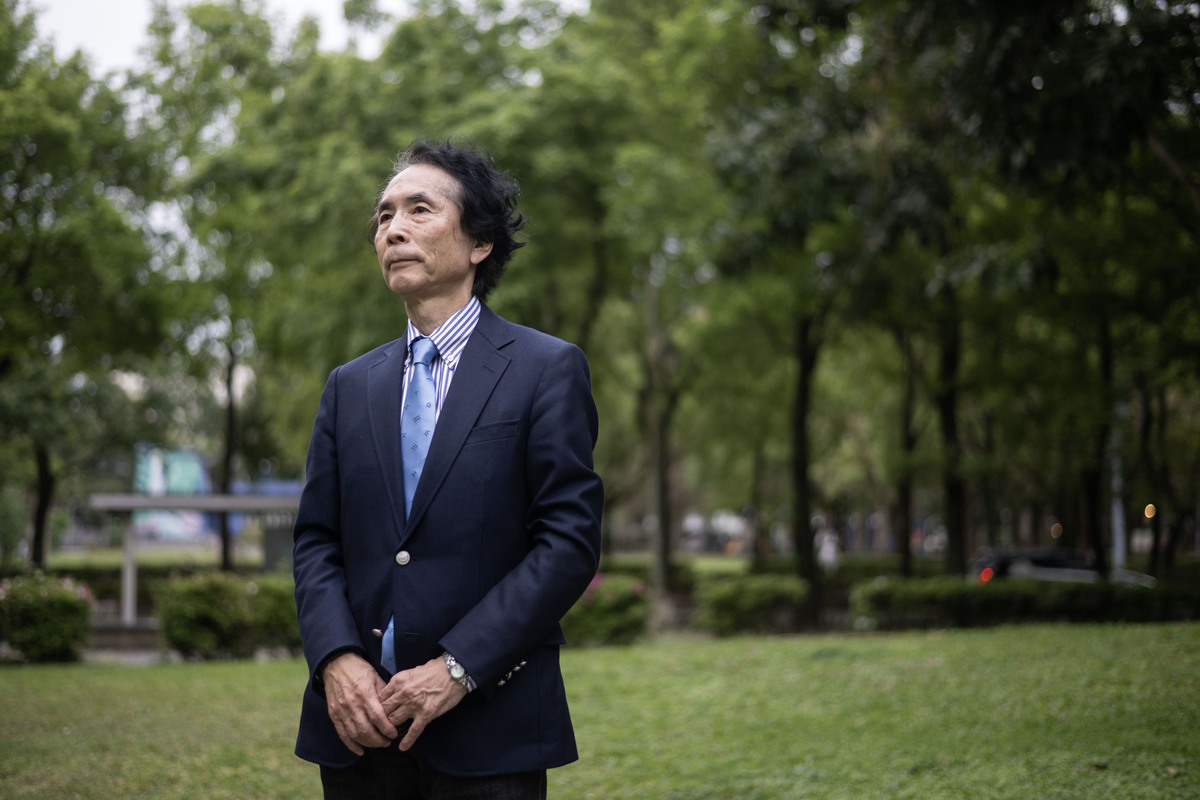

As the presidential election in Taiwan approaches, politicians are turning to temples and seeking the blessings of ancient deities in order to strengthen their bonds with voters. Temples hold great significance in Taiwanese politics, serving as community centers and venues for debate and information. The leading candidates, Lai Ching-te and Hou Yu-ih, have visited temples to seek the blessings of deities like Mazu, the Buddhist-Taoist sea goddess. These visits are deeply ingrained in Taiwan's electoral process, with candidates offering gifts and praying for good fortune. Temples also provide opportunities for candidates to engage with voters and influential community leaders. However, concerns have been raised about potential Chinese influence operations within temples, particularly regarding the worship of Mazu. Despite the importance of temples in Taiwanese society, the impact of religion on the upcoming elections remains uncertain.
Chinese agents have been using their ties with local Matsu temples in Taiwan to influence elections. They contact temple members without clear political leanings and gradually feed them disinformation, according to sources. Matsu temples have been used as a main channel to exert influence over Taiwanese elections. It has been reported that borough wardens believed to have been influenced by China mobilized residents to support the Chinese Nationalist Party's anti-ractopamine pork referendum question. However, not all Matsu temples have been infiltrated, and temples in rural areas are less affected. It is important to note that communist parties, including China, do not believe in religion and often have ulterior motives when talking about it [ed656edc].
Japanese scholar Yoshiyuki Ogasawara has been studying Taiwan's elections for 30 years and has witnessed eight presidential elections. He has visited Taiwan over 150 times and has accurately predicted the results of Taiwan's presidential elections multiple times. Ogasawara's research methods include immersing himself in local communities, interviewing candidates, and observing voting behavior. He emphasizes the growth and competition of Taiwanese identity as a key factor in Taiwan's elections and categorizes the public's views on Taiwan's future into three ideological frameworks: Taiwanese nationalism, Taiwanese identity, and Chinese nationalism. His research indicates that anti-unification forces hold a significant majority in Taiwan's elections [16b7ebb0].